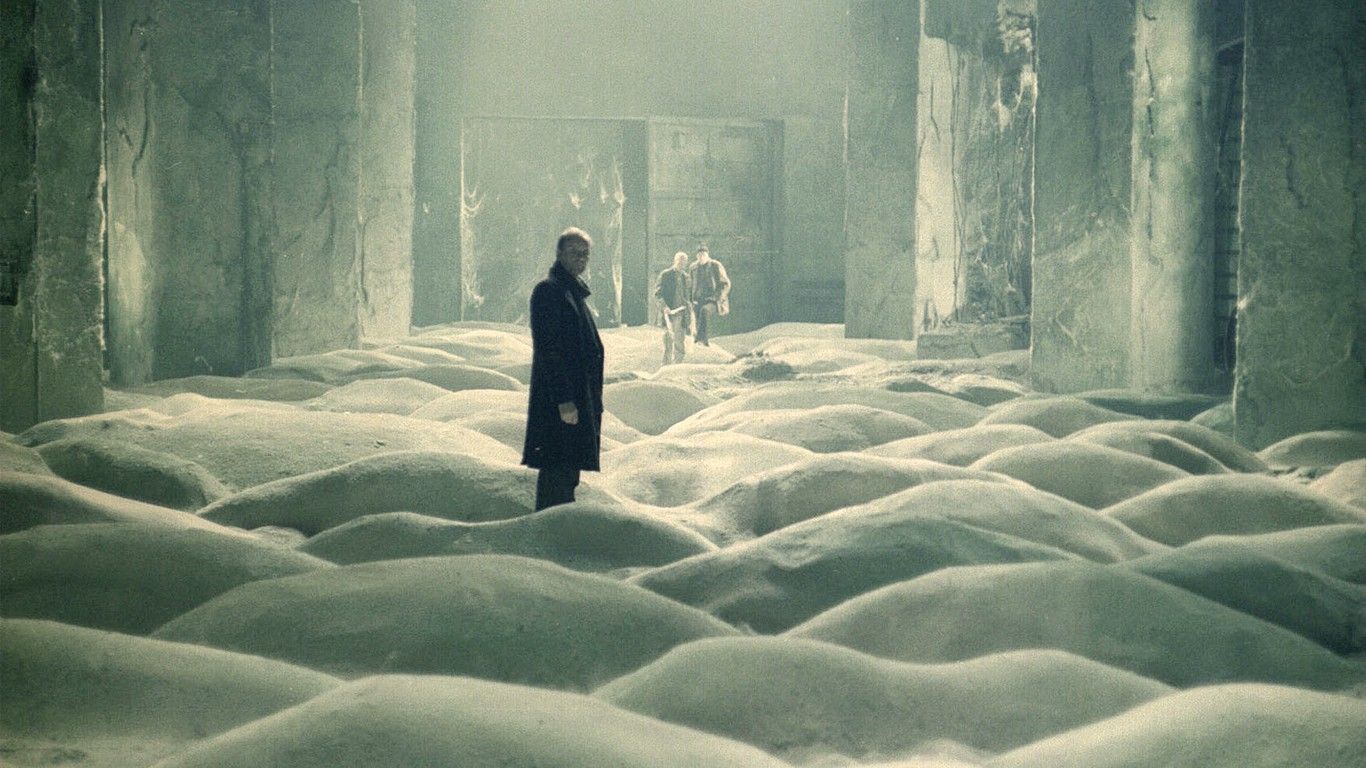-
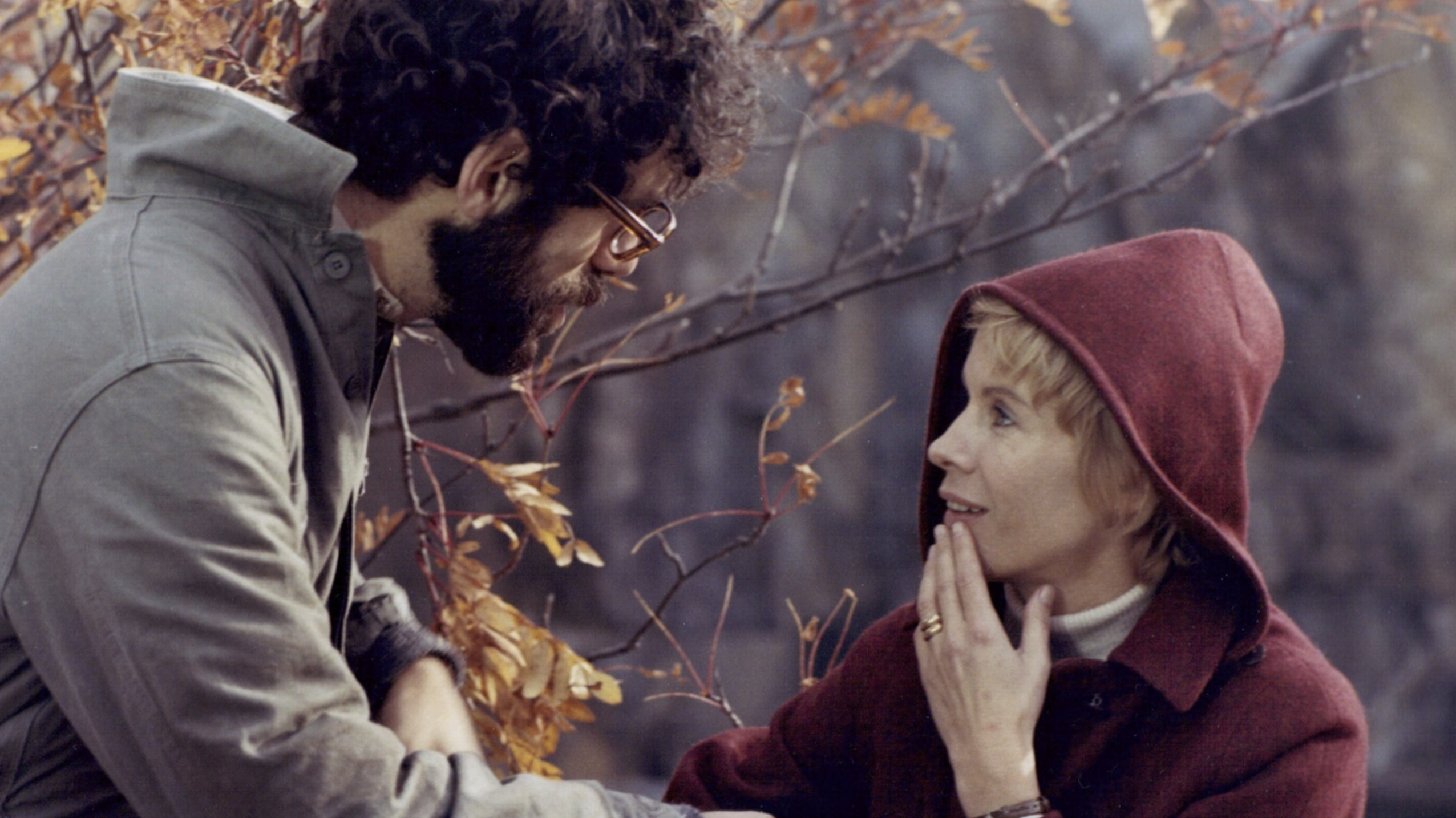
The Touch (1971)
The Touch may be one of Ingmar Bergman’s plainer stylistic efforts, but his wielding of theological symbolism to interrogate a broken love triangle is deft, bitterly driving the Madonna’s degraded image and a tainted Garden of Eden between his doomed lovers.
-
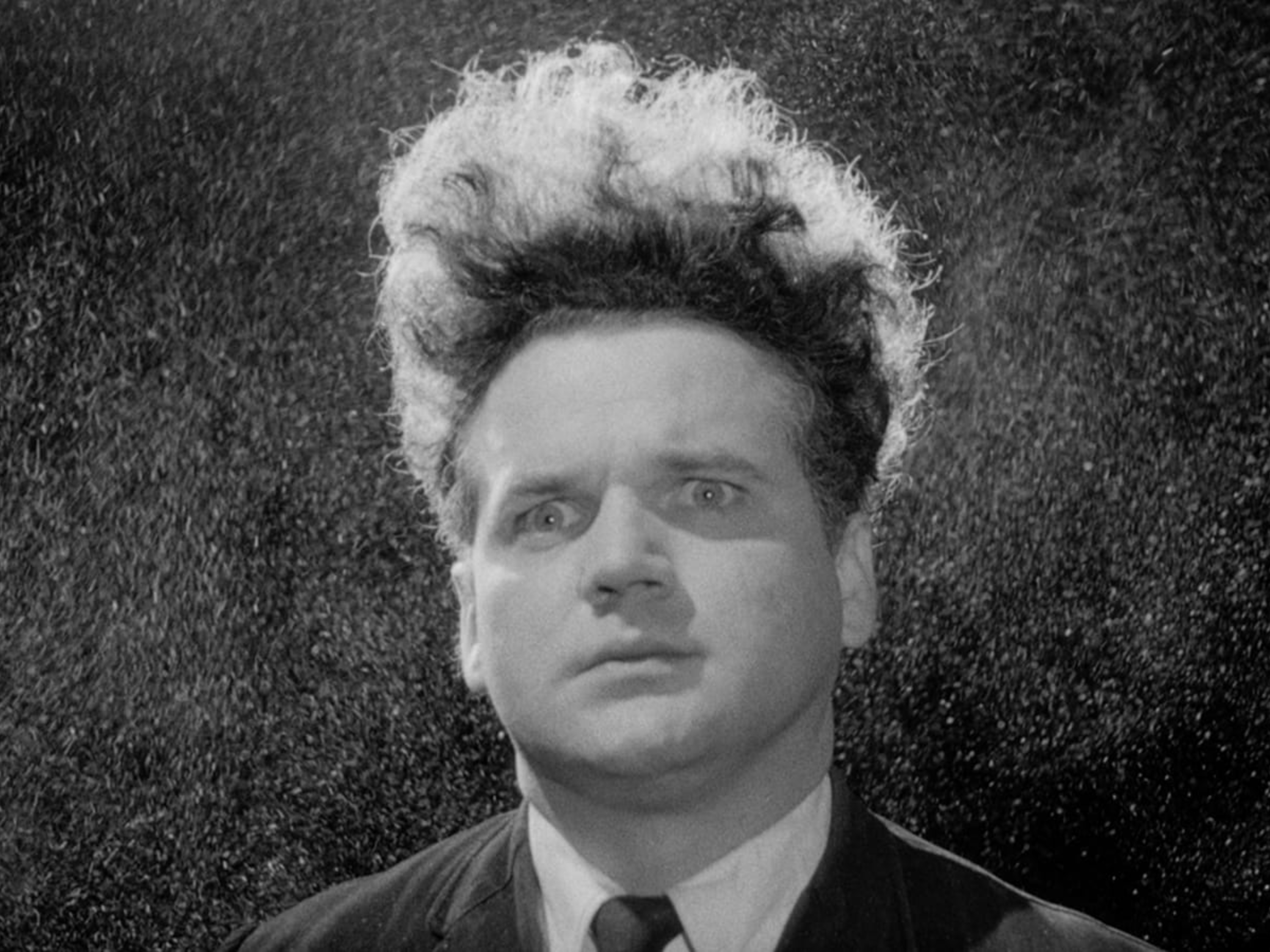
Eraserhead (1977)
Within Eraserhead’s nightmares of mutant babies and urban isolation, it is the psychological impression of its surreal imagery which carries far more impact than any attempts to derive its literal meaning, as David Lynch mystifyingly manifests the dark subconscious of one young father existentially terrified of parenthood.
-
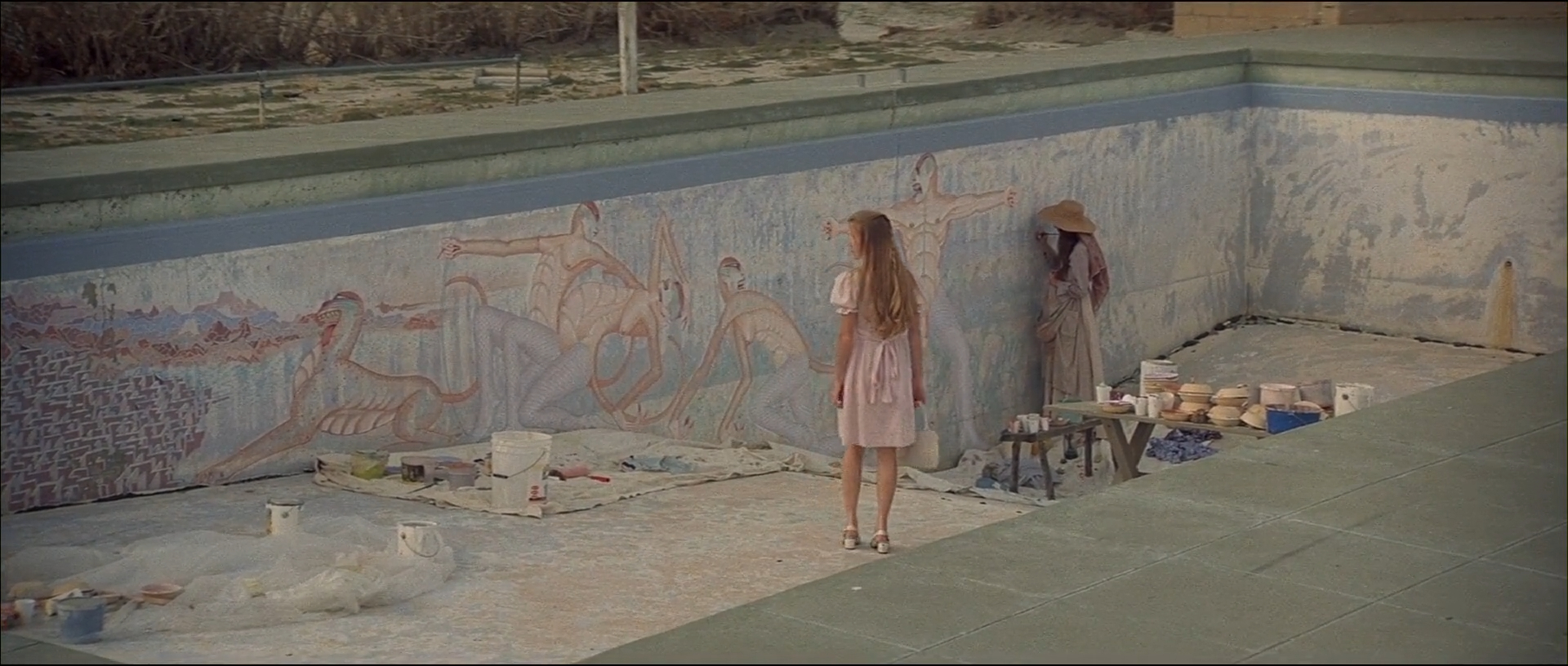
3 Women (1977)
The motifs of monsters and mirrors drawn through Pinky’s obsession with local popular girl Millie make for some powerfully abstract imagery in 3 Women, finding remarkable psychological tension in Robert Altman’s enigmatic blending of female identities, as well as in its setting of a modern culture where individuality is everything.
-
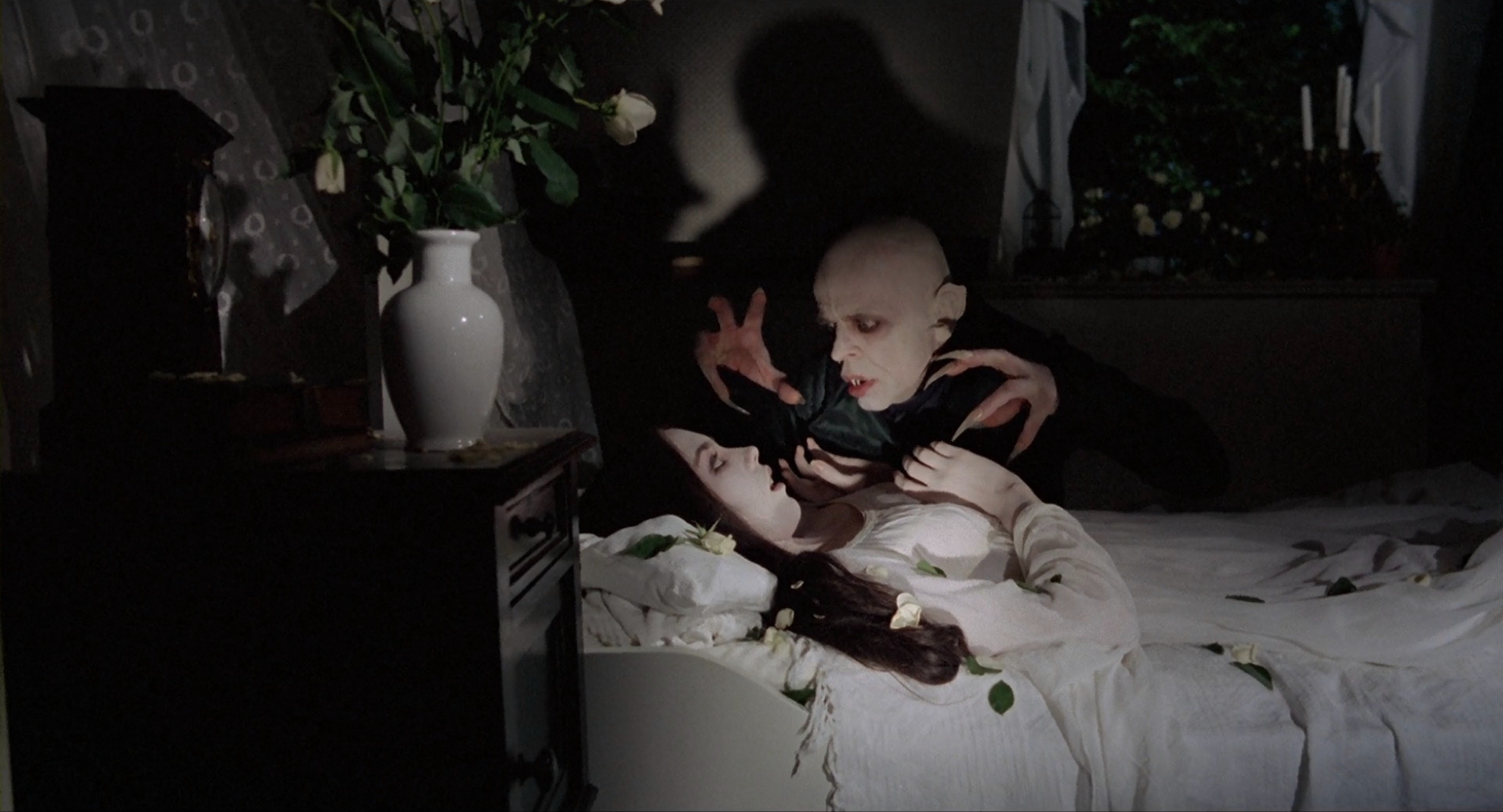
Nosferatu the Vampyre (1979)
Nosferatu the Vampyre may emerge within a long lineage of Dracula adaptations, and yet is infused on every cinematic level with Werner Herzog’s fear and awe at a godless world, lulling us into its slow-burn narrative which drifts by with tragic, hypnotic dread.
-
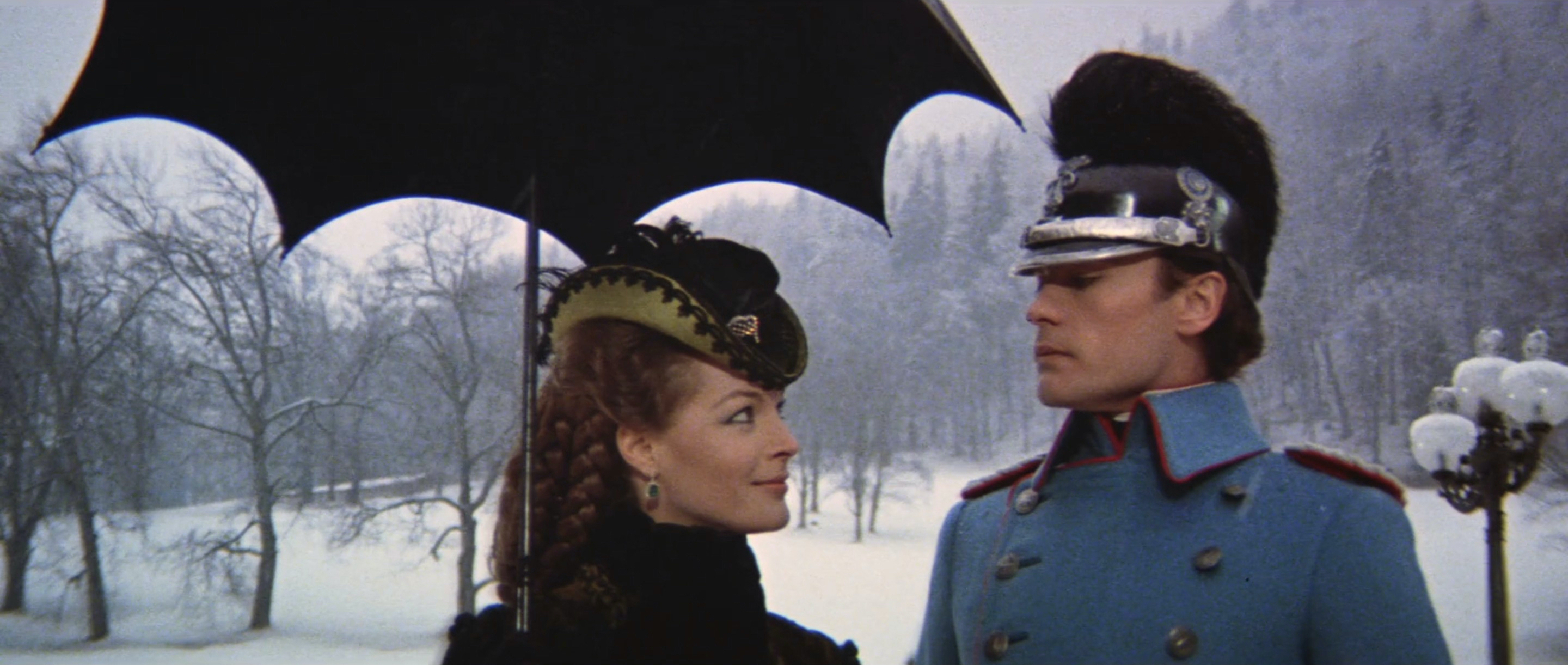
Ludwig (1973)
Within the opulent palaces of 19th century Bavaria, Luchino Visconti’s operatic staging exquisitely details King Ludwig II’s decadent dreams and gradual deterioration, seeking to understand the legacy of this historical empire through the strange mix of sexual insecurities, mental illnesses, and artistic obsessions which roil around in his lonely, troubled mind.
-
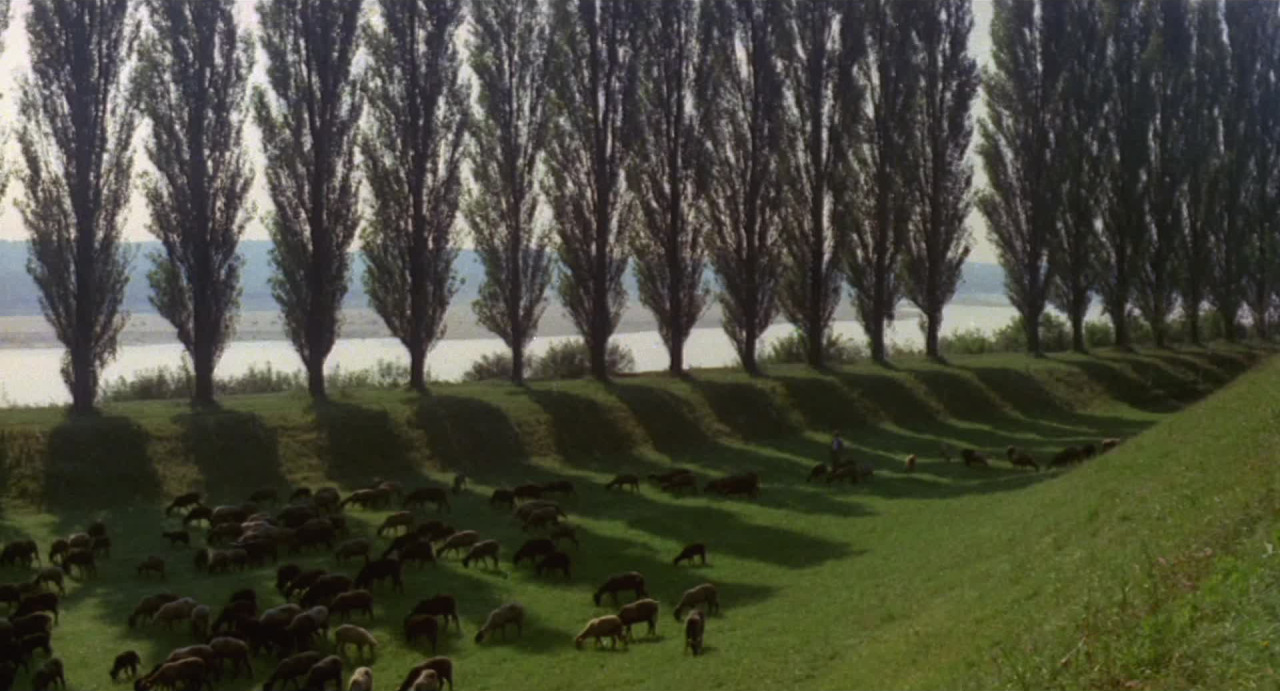
1900 (1976)
Bernardo Bertolucci’s bold artistic statement on the eternal struggle between fascism and socialism comes full circle in his period epic 1900, echoing formal patterns across the lives of two friends from opposing sides of the class divide, and landing the full weight of their intrinsic connection as operatically as the decades of Italian interwar history they represent.
